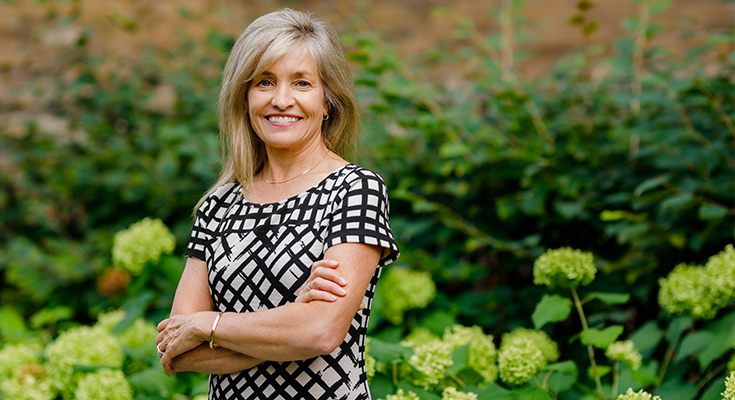
Having just completed the March Council meeting, I wanted to share a few key highlights.
First, Council made the decision to rescind the Blood Borne Viruses (BBV) policy. Council determined that with present medical treatment, the risk of transmission is extraordinarily low and routine occupational health practices exist across the health system to protect both patients and providers. This change will be reflected in the 2023 annual renewal, which will no longer include questions regarding BBV.
Second, Council approved a new End-of-Life policy, which clarifies that physicians may write DNR (Do Not Resuscitate) orders without prior patient or substitute decision maker consent. This change brings our policy into alignment with legal precedent.
Council also approved a new Out-of-Hospital Premise (OHP) Standard to support the safe and effective use of nerve blocks to treat adult chronic pain in OHPs. The new OHP Standard requires that physicians use image guidance for all neuraxial, paravertebral and plexus nerve blocks. This standard will improve patient safety and ensure the provision of high-quality care.
I am steadfast in my commitment to the principles of right-touch regulation and allowing physicians to do more of what they do best — providing excellent care to Ontario’s patients.
We were also extremely fortunate to have Mr. Imran Ahmed, Founder of the Center for Countering Digital Hate, give a powerful and thought-provoking talk about health disinformation and digital hate that continues to proliferate online. Mr. Ahmed shared stories and examples of how the lack of regulation and negligence in the “Big Tech” industry, which connects over 4.5 billion people around the world, is “putting us on a terrifying trajectory of chaos.” I strongly encourage you to read the eDialogue cover story and learn how you can help counter health misinformation. We are also going to be hosting Mr. Ahmed in our next “In Dialogue” podcast episode, so stay tuned for more.
As we celebrated Black History Month in February, we took the opportunity to focus on the important contributions of Black communities, and to reflect on the harmful effects of anti-Black racism on both patient care and physician wellbeing. I want to thank Dr. Natasha Johnson for taking the time to speak with us about the importance of engaging with Black communities, and understanding their history and their health care needs. The podcast episode was particularly informative and I encourage everyone to tune in.
Yesterday was International Women’s Day (IWD), which always serves as an important reminder of the gaps that remain in achieving gender equity in the health system. The pandemic exposed some of the equity gaps in work and academic settings, and exacerbated the stresses and burnout women already face in their professional and personal settings. I encourage you to think about these disparities that deeply impact the lives of women as we work towards our common goal to #EmbraceEquity in health care. We interviewed Dr. Minna Woo, who is the Director of the Banting and Best Diabetes Centre, about how leaders can pave the way for the future generation of women clinician scientists. I hope you find this conversation as insightful and inspiring as we did.
Finally, I want to address the ongoing challenges associated with practicing medicine in Ontario in 2023. Physician shortage and burnout continues to pose a significant threat to healthcare delivery, in addition to the damage it is causing to doctors’ lives, careers and overall wellbeing. I want to stress that this issue remains top-of-mind every day here at CPSO. I am steadfast in my commitment to the principles of right-touch regulation and allowing physicians to do more of what they do best — providing excellent care to Ontario’s patients. However, the issues physicians face are multi-factorial and extend well beyond the mandate of any one organization. CPSO cannot solve these problems alone and we are working closely with other health system stakeholders to find innovative solutions to the challenges that continue to plague our system. I am a firm believer in collaboration to develop both short-term and long-term solutions. Despite everything we’ve been through over the past three years of the pandemic, I am fundamentally optimistic about the future of medicine, in large part because of your ongoing commitment to patient care.
Nancy











